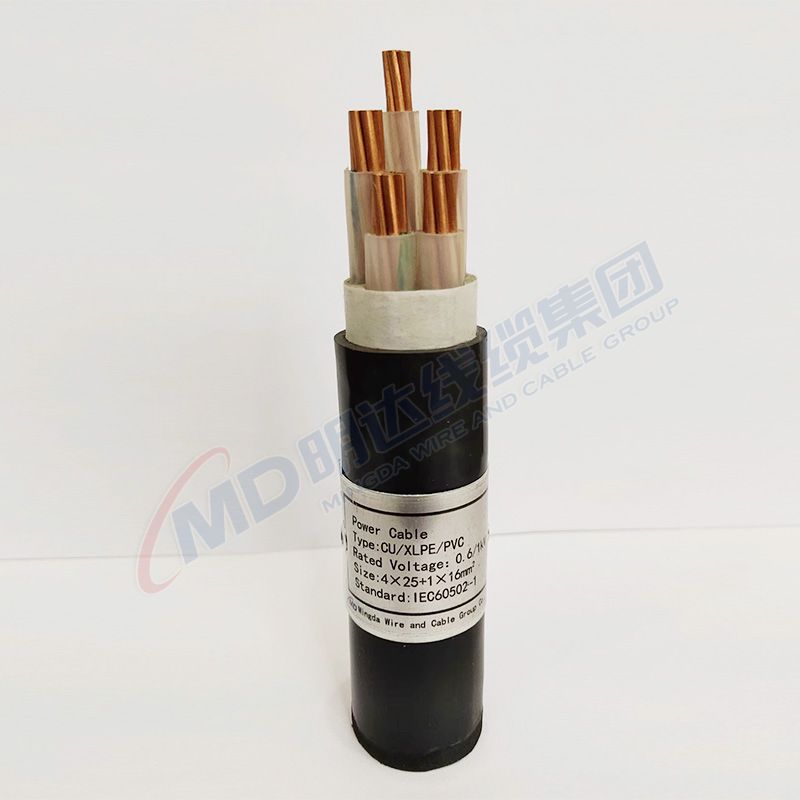9 月 . 15, 2024 16:42 Back to list
water ball valve
Understanding Water Ball Valves A Comprehensive Overview
Water ball valves are essential components in various plumbing and industrial applications, known for their reliability and efficiency in controlling the flow of liquids. These valves operate through a simple yet effective mechanism that allows for quick and precise regulation of flow. This article will explore the functionality, types, advantages, and common applications of water ball valves.
What is a Water Ball Valve?
A water ball valve consists of a hollow, perforated sphere (the ball) that is mounted on a rotating stem. When the valve is turned, the ball rotates within the valve body, allowing water to flow through or stopping it entirely, depending on the position of the ball. This simple design enables a 100% sealing capability when closed, making ball valves an excellent choice for on/off control.
Types of Water Ball Valves
There are various types of ball valves, each designed for specific applications
1. Floating Ball Valve In this design, the ball is held in place by two seats, allowing it to move slightly away from the seat when pressure is applied. This creates a seal by using the pressure of the fluid to help compress the seat against the ball.
2. Trunnion Ball Valve Unlike floating ball valves, trunnion ball valves feature a fixed ball supported by trunnions, which are shafts that hold the ball in position. This design is ideal for high-pressure applications, as it minimizes the torque required to operate the valve.
3. Electric Ball Valve These valves are equipped with an electric actuator that allows for remote control, making them suitable for automated systems.
water ball valve

Advantages of Water Ball Valves
Water ball valves offer several advantages that make them a preferred choice in many applications
- Durability Ball valves are designed to withstand high pressures and temperatures, ensuring a long service life. - Efficiency With a low-pressure drop through the valve, ball valves provide efficient flow control, making them ideal for various fluid types. - Quick Operation The quarter-turn operation allows for fast opening and closing, which is essential in situations where immediate flow control is necessary. - Minimal Leakage When fully closed, ball valves provide a tight seal, significantly reducing the risk of leaks.
Applications of Water Ball Valves
Water ball valves are widely used in numerous applications, including
- Residential Plumbing They are commonly utilized in home water supply systems for both hot and cold water lines. - Industrial Processes In industrial settings, they are used in processes where precise control of liquid flow is required, such as in chemical plants or water treatment facilities. - Irrigation Systems Ball valves help regulate water flow in irrigation setups, ensuring efficient water distribution.
Conclusion
In summary, water ball valves are invaluable components in both residential and industrial applications. Their robust design, quick operation, and efficiency make them a popular choice for regulating the flow of water and other fluids. Understanding their types and applications can help in selecting the right valve for specific needs, ensuring reliable performance and longevity. Whether you're a homeowner, plumber, or industrial engineer, appreciating the functionality of water ball valves can significantly enhance your plumbing and fluid management systems.
Share
-
Understanding the Differences Between Wafer Type Butterfly Valve and Lugged Butterfly ValveNewsOct.25,2024
-
The Efficiency of Wafer Type Butterfly Valve and Lugged Butterfly ValveNewsOct.25,2024
-
The Ultimate Guide to Industrial Swing Check Valve: Performance, Installation, and MaintenanceNewsOct.25,2024
-
Superior Performance with Industrial Swing Check Valve: The Essential Valve for Any SystemNewsOct.25,2024
-
Industrial Swing Check Valve: The Ideal Solution for Flow ControlNewsOct.25,2024
-
You Need to Know About Industrial Swing Check Valve: Functionality, Scope, and PerformanceNewsOct.25,2024